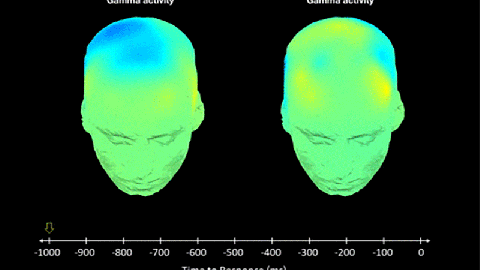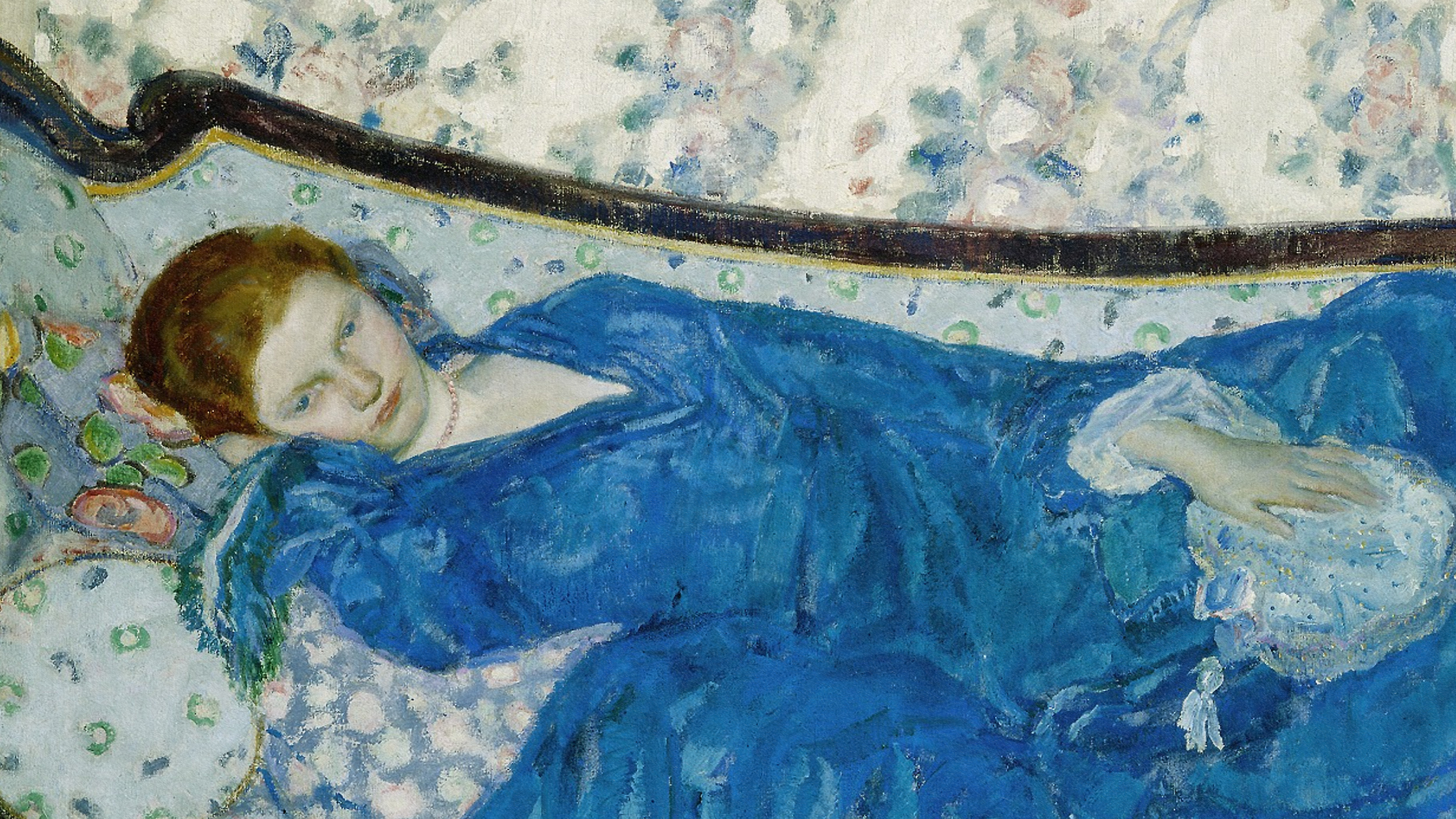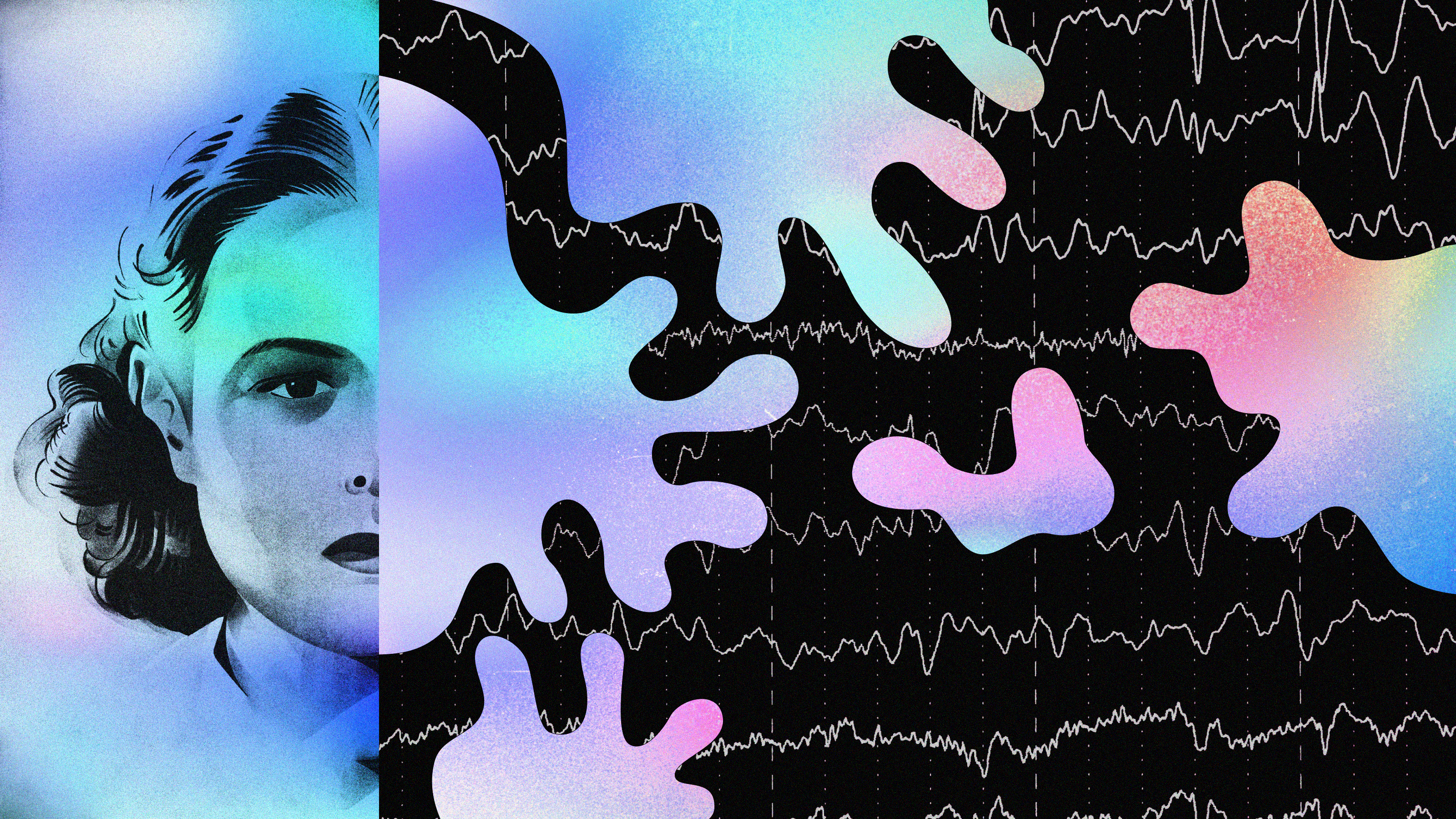Insightful ideas can trigger orgasmic brain signals, study finds

Credit: Drexel University
- New psychology study shows that some people have increased brain sensitivity for “aha moments.”
- The researchers scanned brains of participants and noticed orgasm-like signals during insights.
- The scientists think this evolutionary adaptation drives creation of science and culture.
Coming up with a great insight can cause pleasure similar to an orgasm, according to researchers. The eureka moment triggers neural reward signals that can flood some people with pleasure, suggesting it’s an evolutionary adaptation that fuels the growth of creativity.
A recent neuroimaging study from Drexel University discovered that the brain rewards systems of people with higher “reward sensitivity” ratings showed bursts of “gamma” EEG activity when they had creative insights. This signal is similar to those caused by pleasure-inducing experiences like orgasms, great food, or drinks that quench thirst.
In carrying out the study, the scientists employed high-density electroencephalograms (EEGs) to track the brain activity of participants who were solving anagram puzzles. The subjects were required to unscramble letters in order to figure out a hidden word. When they had an aha moment of insight, figuring out the solution, the people would press a button, as EEG captured a snapshot of their brain activity.
Another part of the study included filling out a questionnaire intended to gauge a person’s “reward sensitivity,” defined by the researchers as “a basic personality trait that reflects the degree to which an individual is generally motivated to gain rewards rather than avoid losing them.”
The scientists found that people scoring high on this rubric had very powerful aha moments. Their brain scans showed an extra burst of high-frequency gamma waves in the reward systems’ orbitofrontal cortex.
People who scored low on reward sensitivity didn’t exhibit such bursts. The researchers wrote that the eureka moments were noticed by them but were “lacking in hedonic content.”
This led the study’s authors, psychology professor John Kounios and doctoral candidate Yongtaek Oh, to conclude that some might be seeking out activities that can lead to such moments of insights.
“The fact that some people find insight experiences to be highly pleasurable reinforces the notion that insight can be an intrinsic reward for problem solving and comprehension that makes use of the same reward circuitry in the brain that processes rewards from addictive drugs, sugary foods, or love,” wrote the psychologists.
While the researchers think that creativity is not necessarily critical to human survival considering that other species managed to survive without it, they see its evolutionary connection.
“The fact that evolution has linked the generation of new ideas and perspectives to the human brain’s reward system may explain the proliferation of creativity and the advancement of science and culture,” Kounios stated.
You can read the recently published study in journal NeuroImage.





